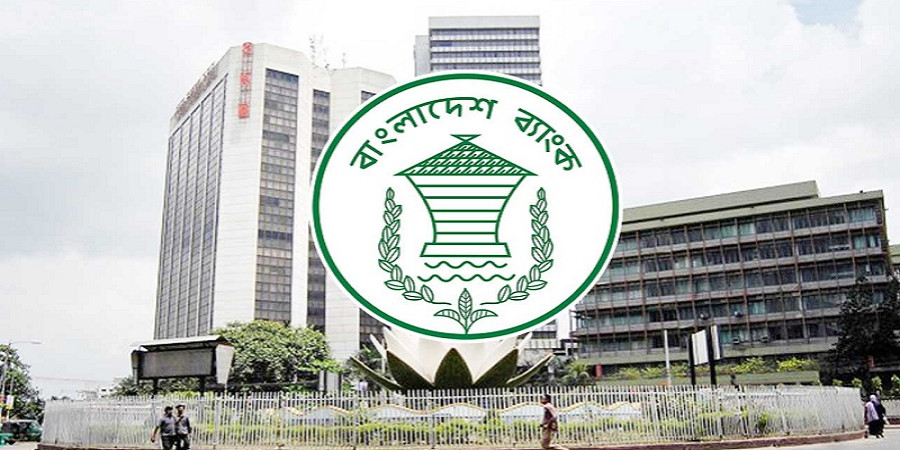
ছবি: -Collected Photo
In a significant development in the Bangladesh Bank reserve heist case, the Criminal Investigation Department (CID) of Bangladesh has confirmed that $81 million has been seized from Rizal Commercial Banking Corporation (RCBC) in the Philippines through a court order. The announcement was made today (September 21) by Jasim Uddin Khan, Special Police Superintendent of CID’s Media Wing, who stated that the seizure was carried out under the authority of a Philippine court as part of ongoing legal proceedings related to the cyber theft.
According to CID, this recovery marks a crucial step in the long-running effort to retrieve funds stolen during the unprecedented reserve heist of 2016. Jasim Uddin Khan noted that senior officials are now reviewing subsequent actions, including the process of repatriating the money and determining legal measures required to secure further accountability. He added that the matter remains under active coordination between law enforcement agencies and judicial authorities in both Bangladesh and the Philippines.
The case stems from the notorious cyber heist that took place on February 5, 2016, when hackers used fraudulent SWIFT codes to siphon $81 million from Bangladesh Bank’s account at the Federal Reserve Bank of New York. The funds were funneled into accounts at RCBC in the Philippines before being laundered through casinos and other channels. The incident shocked the global financial community and highlighted major vulnerabilities in international banking networks.
Investigations following the heist suggested the involvement of an organized domestic group within Bangladesh in facilitating the transfer of funds, though the masterminds behind the operation remain unidentified. Despite international probes, legal complexities and jurisdictional barriers have slowed the process of recovering the stolen money.
Since 2016, Bangladesh has pursued both legal and diplomatic channels to reclaim the laundered funds. Some partial recoveries had been made earlier, but the seizure of the full $81 million at RCBC represents the most decisive breakthrough in the case to date. Officials emphasize, however, that further work is needed to ensure the actual repatriation of the seized amount to Bangladesh’s central bank.
The heist not only inflicted a direct financial loss but also dealt a severe blow to the reputation of Bangladesh Bank, raising questions about its cybersecurity protocols and risk management systems. The incident prompted widespread reforms within the bank and led to enhanced security measures for digital financial transactions. Globally, the event served as a warning to central banks and financial institutions about the sophistication of cybercriminal networks targeting high-value accounts.
Bangladesh authorities have consistently maintained pressure on the Philippines to ensure accountability for RCBC’s role in allowing the illicit funds to pass through its channels. In previous years, the Philippines imposed fines on RCBC for lapses in anti-money laundering controls, though questions remained about how such a large sum was able to be moved and processed without detection.
The recovery of the $81 million offers some relief for Bangladesh, though the broader questions of responsibility and restitution remain unresolved. Financial analysts note that while the seized funds represent a significant portion of the stolen reserves, the reputational damage and the systemic vulnerabilities exposed by the heist cannot be fully undone.
As CID works with higher authorities to determine next steps, the focus will likely remain on securing the repatriation of the money and pursuing justice for those involved. Nearly a decade after the heist, today’s development underscores both the challenges and the persistence required in transnational financial crime cases.
repoter





